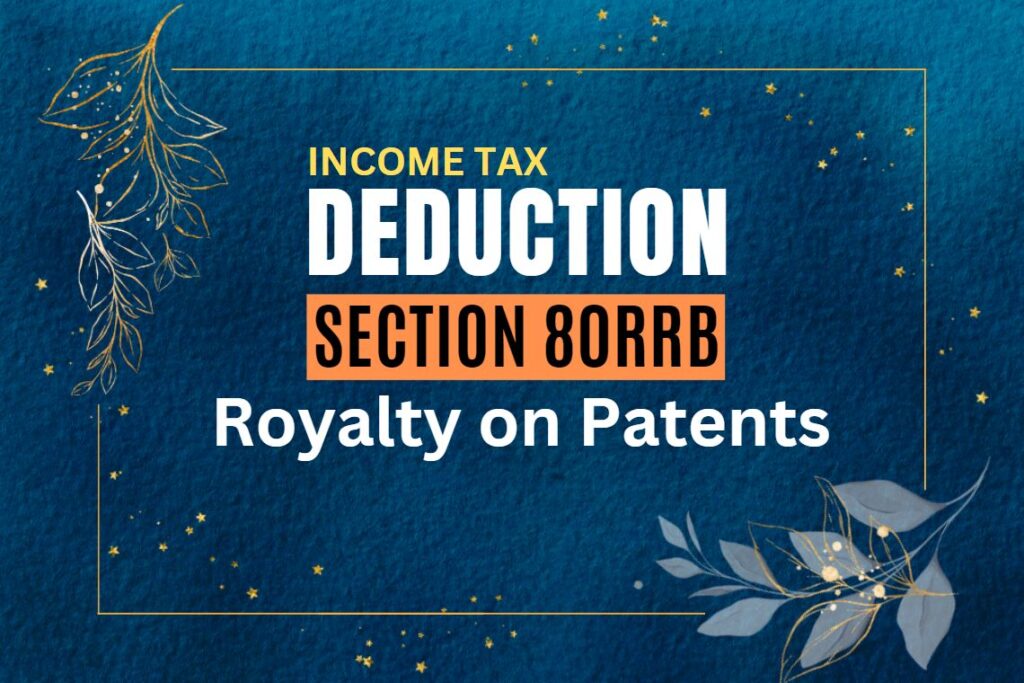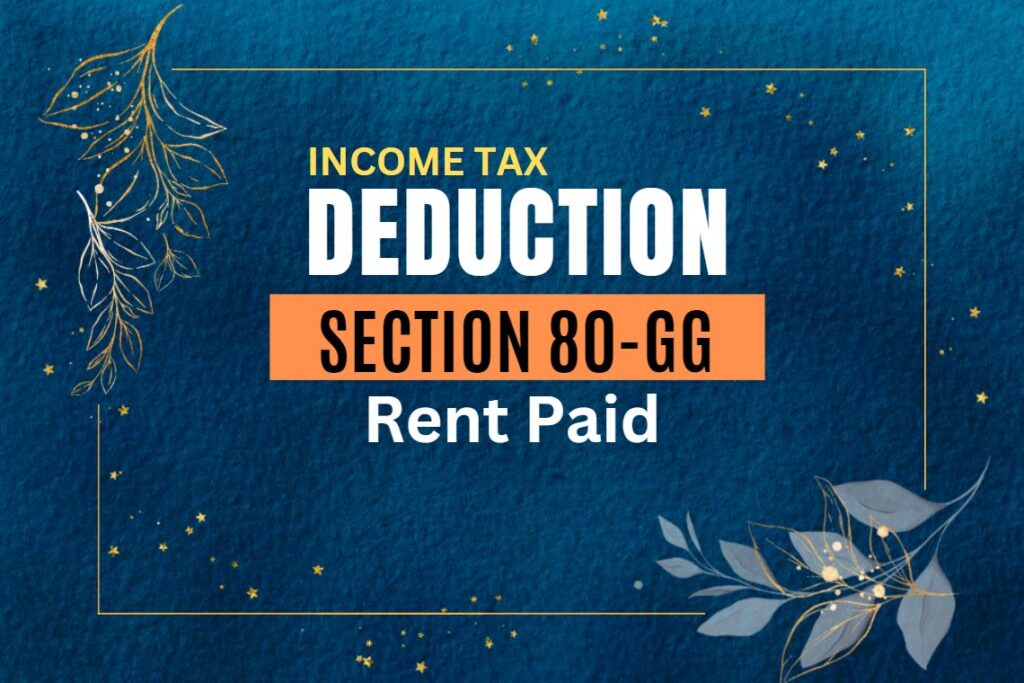Section 80DD of the Income Tax Act in India provides a deduction for individuals or Hindu Undivided Families (HUFs) in respect of expenses incurred for the caring and maintenance, including medical treatment, of a disabled dependent. This section is aimed at providing financial relief to taxpayers who have the responsibility of supporting disabled dependents. Here are the key details about Section 80DD:
Eligibility Criteria
To claim the deduction under Section 80DD, the following conditions must be met:
- The dependent person should be a spouse, children, parents, or siblings of the taxpayer.
- The dependent person must have at least 40% disability.
- The taxpayer must obtain a disability certificate from a prescribed medical authority.
Amount of Deduction:
- The amount of deduction available under Section 80DD depends on the severity of the disability.
- As of my last knowledge update in September 2021, for a taxpayer to claim this deduction, the disability must be at least 40%.
- The deduction amount is fixed, regardless of the actual expenses incurred:
- If the disability is between 40% and 80%, the deduction is Rs. 75,000 per annum.
- If the disability is 80% or more, the deduction is Rs. 1,25,000 per annum.
Disability Certificate:
To claim this deduction, the taxpayer needs to obtain a disability certificate from a medical authority. The certificate typically indicates the percentage of disability.
No Need for Actual Expenses:
Unlike some other deductions, Section 80DD does not require the taxpayer to provide proof of actual expenses incurred on the disabled dependent. The deduction is available based on the disability percentage and the fixed deduction amounts mentioned above.
Mode of Payment:
Payments for medical treatment or maintenance of the disabled dependent can be made in any mode, including cash.
Documents required:
To claim the deduction under Section 80DD, the individual must submit the following documents along with their income tax return:
- Proof of payment of expenses incurred on the caring and maintenance, including medical treatment, of the disabled dependent.
- Medical certificate certifying the disability of the dependent.
Validity of Certificate:
The disability certificate is usually valid for a specific period, so it needs to be renewed as required.
Procedure to Claim Deduction
To claim the deduction under Section 80DD, follow these steps:
- Calculate the amount of deduction based on the extent of disability.
- Include the amount of deduction in the total income while filing the income tax return.
- Keep all relevant documents ready to support the claim in case of any scrutiny by the income tax department.
Example:
Let’s say Mr. X has a disabled dependent, his mother, who has a disability of 80%. Mr. X has incurred expenses of Rs. 1,00,000 on the caring and maintenance, including medical treatment, of his mother.
Mr. X is eligible for a deduction of Rs. 1,25,000 under Section 80DD, as his mother has a disability of at least 80%.
Section 80DD of the Income Tax Act provides a deduction for individuals who take care of their dependents with disabilities. This deduction not only helps reduce the tax liability but also encourages individuals to provide necessary care and support to their loved ones. It is important to fulfill the eligibility criteria and keep the required documents ready to claim the deduction successfully.
Consequences if the dependant being a Person with Disability predeceases the Individual or the member of the HUF [Section 80DD(3)]:
Section 80DD(3) of the Income Tax Act, 1961 states that if the dependant being a Person with Disability predeceases the Individual or the member of the HUF, the amount deposited in such scheme shall be deemed to be the income of the assessee of the previous year in which such amount is received by the assessee and shall accordingly be chargeable to tax as the income of that previous year.
This means that if the dependant dies before the Individual or the member of the HUF, the Individual or the member of the HUF will have to pay tax on the amount that they have deposited in the scheme.
For example, if Mr. X has a disabled dependent, his mother, who has a disability of 80%. Mr. X has deposited Rs. 1,25,000 in the scheme under Section 80DD. If Mr. X’s mother dies before him, Mr. X will have to pay tax on the amount of Rs. 1,25,000.
The purpose of this provision is to prevent the Individual or the member of the HUF from claiming a deduction for the expenses incurred on the caring and maintenance, including medical treatment, of the disabled dependent after the dependent has died.
To avoid paying tax on the amount deposited in the scheme, the Individual or the member of the HUF can purchase an annuity plan with the amount. The income from the annuity plan will be taxable, but the deduction under Section 80DD will not be reversed.











